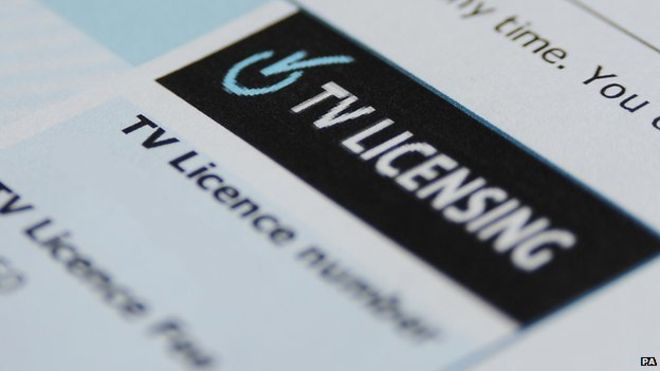BBC: Extra licence fee hardship support
May 12, 2023
By Colin Mann

The BBC has announced increased support for people who are struggling to pay the TV Licence. A new action plan will aim to reduce the number of women in severe financial hardship who are prosecuted for licence fee evasion.
The plan is a response to the BBC’s Gender Disparity Review, which was set up to examine and understand why 75 per cent of those prosecuted are women The review found this disparity is largely caused by societal factors.
The detailed study included evidence from a range of expert stakeholders, an analysis of TV Licensing data and processes and research on social inequality. It was overseen by independent adviser Baroness Lola Young, an expert in gender, racial equality and the justice system.
Key findings in the report:
- There is no evidence that TV Licensing deliberately discriminates against any group, and gender is not a factor in the way TV Licensing collects and enforces the licence fee.
- Societal factors, outside the BBC’s control, remain the significant factors behind the disparity in prosecutions as found in the previous BBC review in 2017. These include:
- Household composition: More than 60 per cent of single adult households are female compared to less than 40 per cent male.
- Behavioural differences: women are more likely to be at home than men; more likely to open the door; and more likely to be the point of contact for bills and domestic admin.
- Financial hardship: More women experience severe financial hardship than men, which can impact their ability to stay licensed and to provide evidence which may stop prosecution.
Over the last five years (2017-22), there has been a 66 per cent reduction in TV Licensing prosecutions in England and Wales. As a result, the overall number of women being prosecuted has fallen – however they still account for the majority of prosecutions. The BBC remains concerned by the disparity and is committed to doing more to support those in severe financial difficulty.
Societal factors can mean that women are also prosecuted more than men for some other offences, including truancy and benefit fraud. There are also concerns about how civil debt is collected, for example around Council Tax.
“The BBC’s Action Plan has the potential to lead to fewer people – particularly those in real financial difficulty – being prosecuted and that is something to be welcomed,” stated Baroness Young. “This was a rigorous review which scrutinised a raft of new evidence and concluded there is no single source of the disproportionality that we see in prosecutions.”
“As I have said in the report, women and men do not appear to be treated differently. Rather, the societal factors at play are also often present alongside disparities in the criminal justice system, and health and other services.”
Many of the action plan measures have been developed as a direct result of suggestions made to the review by expert stakeholders.
Key actions in the plan include:
- Extending the simple payment plan – which helps spread the cost of a new licence in small instalments over 12 months – to all unlicensed households to enable them to make smaller payments in ways that help support people pay;
- Working in partnership with the debt advice charity StepChange The BBC will run a pilot to ensure that anyone experiencing financial difficulty will have access to free, independent support;
- A two-month breathing space on enforcement action for anyone in financial difficulty who agrees to a free, independent debt advice referral from TV Licensing. This mirrors the ‘Breathing Space’ legislation which is a wider policy to help support people with debt/financial problems; and
- TV Licensing will also improve the way people can provide evidence under the public interest test; trial new ways of allocating and prioritising visits; and increase opportunities for second-time evasion offenders to pay for a licence during a visit.
“While we know societal factors drive the gender disparity, we’re committed to making improvements to our own processes wherever possible,” confirmed Clare Sumner, BBC Director of Policy. “Our action plan will improve support for people in real financial difficulty to help them stay licensed and reduce risk of prosecution. We look forward to the new partnership with StepChange and we will closely monitor its impact. I would like to thank all those who contributed to the review and Baroness Lola Young for her independent scrutiny and oversight.”
“Our partnership with the BBC will help TV Licensing customers in financial difficulty to access free, independent debt advice and reduce the intolerable burden that money worries bring,” added Vanessa Northam, Head of Charity Development at StepChange Debt Charity.
“Demand for StepChange’s services is understandably high given the enormous cost pressures so many households are facing, with women making up 65 per cent of new clients who contact us. We welcome TV Licensing’s move to provide additional support for their customers.”
